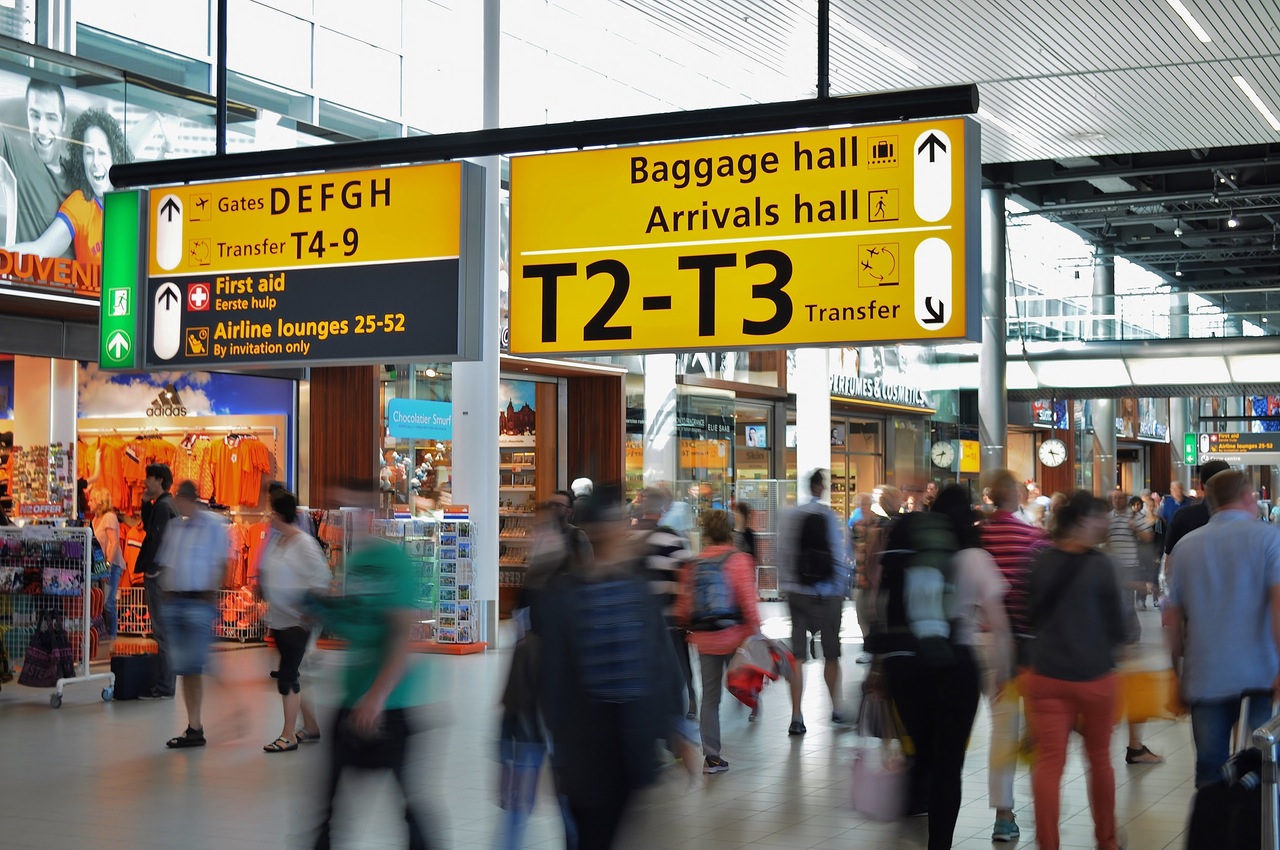At Seven, we believe that foreign workers, from both within and outside of the EU, are vital to the success of the NHS and social care – and public services more generally – in the UK.
The health and social care sector is the biggest employer of migrant workers in the UK. Statistics from the Health and Social Care Information Centre (HSCIC) show that both the NHS and community health services in England rely heavily on foreign nationals. And that’s not just people from the EU – overall, around 11% of workers are non-British, hailing from over 200 different countries around the world.
One of the most interesting facts to be gleaned from the HSCIC statistics is that when it comes to professionally qualified clinical staff, the percentage of non-Brits rises to 14% – and in the case of doctors, it’s 26%. Medical training is a long, expensive process, so recruiting fully trained medical staff from abroad both fills staff shortages and saves the government money. The UK has one of the highest proportions of foreign-trained medical staff in Europe.
The British Medical Association has acknowledged the contribution of non-British staff, saying: “Overseas doctors have for many years made a valuable and important contribution to the NHS, especially in key services where there has been a historic shortage of UK-trained doctors. This includes consultant posts in emergency care, haematology and old-age psychiatry. Without the support of these doctors many NHS services would struggle to provide effective care to their patients.”
Having said that, we understand the concerns some people have with regard to clear and effective communication when they are dealing with non-British staff, especially in such a sensitive and crucial area as health. However, overseas doctors moving to the UK are subject to strict criteria set by the General Medical Council, and those from outside Europe are required to take additional language tests to ensure that they can communicate in English to a high standard.
The NHS suffers from staffing shortages in many areas despite the support of migrant workers – but without them, many services simply couldn’t operate. As one A&E nurse at a central London hospital explained: “Within my department, I’d say three-quarters of the nurses are from a different minority background; the NHS relies on migrant workers.”
Are you a migrant worker concerned about your future post-Brexit? Or perhaps you work alongside foreign nationals on a daily basis and understand the important role they play in the smooth running of your service? If you have an opinion, please leave a comment below – we’d love to hear from you.





